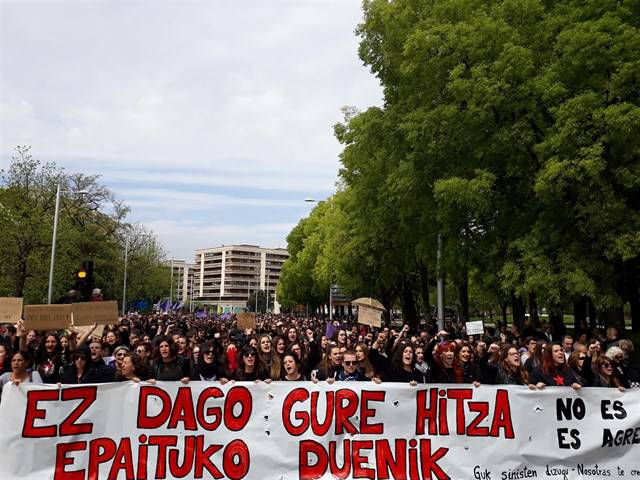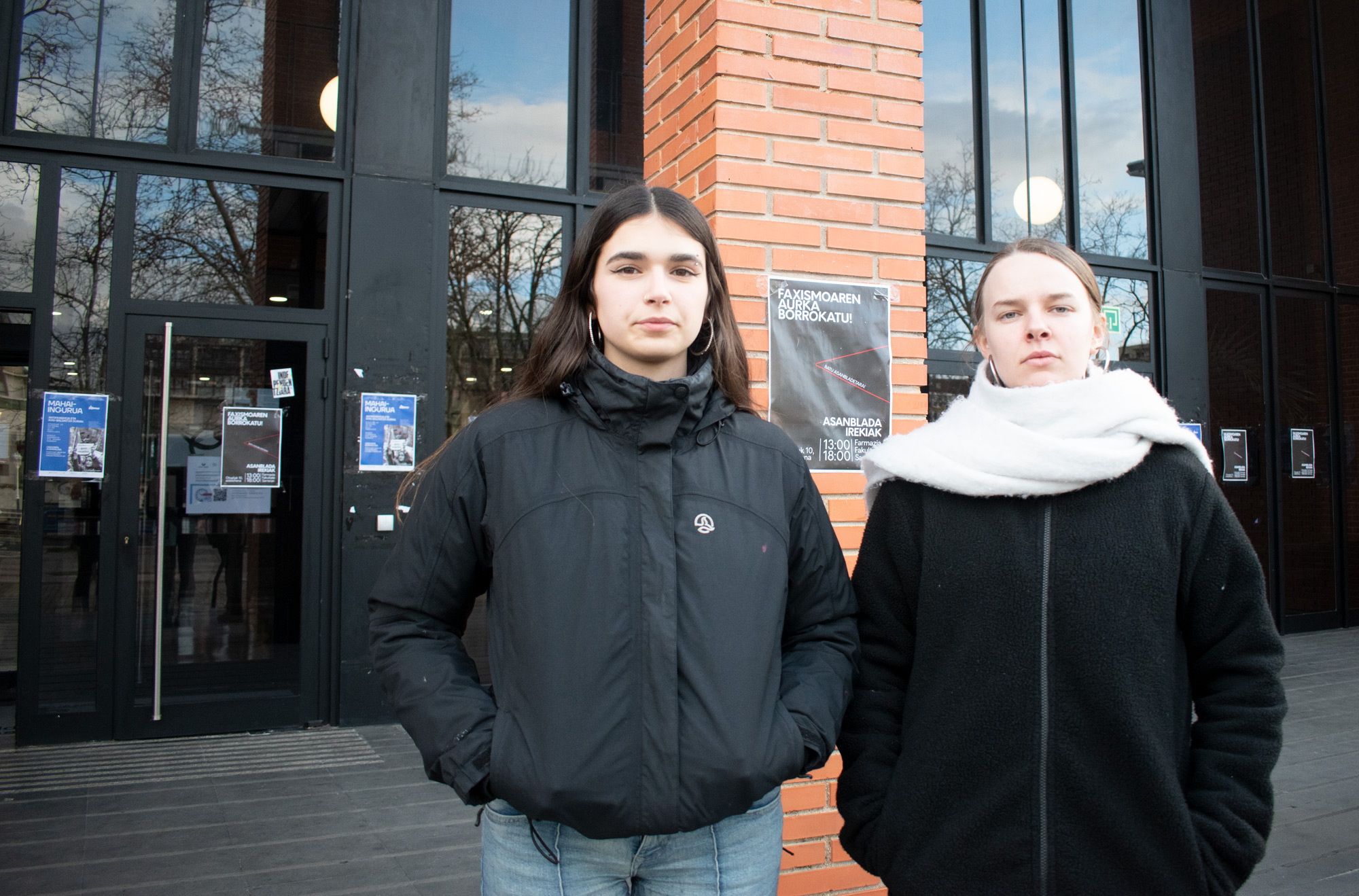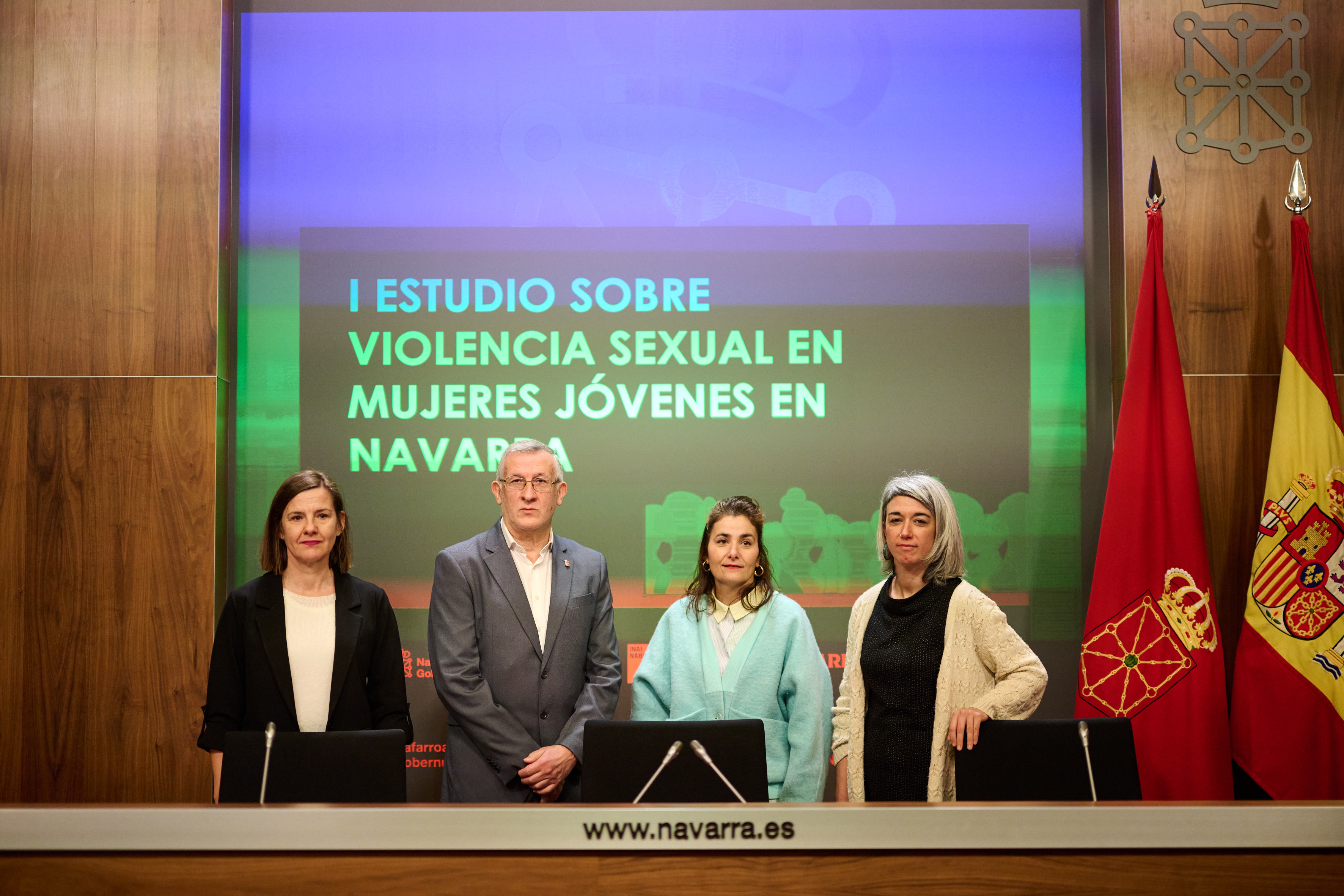Instagram account 'Euskal Herria Complaints' collects nearly 500 testimonies of sexual assaults since November
- In November 2024, a group of anonymous women launched the Instagram account to collect testimonies about male violence. In the Spanish state they have based themselves on the #Cuentalo project launched by journalist Cristina Fallaras. Women, through anonymous testimonies, have denounced obstetric and institutional violence, chemical revenge, sexual abuse in childhood, physical and psychological aggression, among other causes.

“Unfortunately, over the course of my 37 years I have had many experiences related to harassment, but one fact destroys my bowels in particular. I worked at a well-known Donosti bar when I was 20, and on a Friday morning I woke up in a sexist machete bed, with the breasts and waistline full of black. I left there, scared. The coming months to test for HIV and other STDs, pregnancy...”. This is how one of the testimonies a woman has written begins. Among dozens of stories there is only one copy.
Hala Bedi Irratia has conducted an interview with the creators of the project, maintaining anonymity. In this article we collect what was said in the interview. The women's group has only offered two interviews, one to Berria and the other to Hala Bedi.
The account was opened on Instagram on November 20, under the name @council_euskalherria. They have based themselves on the #Cuentalo account of journalist Cristina Fallaras, and on the idea that it was very difficult to access the information of Euskal Herria, they have opened the way to gather their testimonies more easily. The complaints, in Basque and Spanish, have been organized by Herrika. So far (the interview was published by Hala Bedi on 9 January) almost 500 testimonies have been collected, the account has 10,000 followers and five million visits.
The objective is the same as many of the issues that have been opened at the international level: that women receive the violence and aggressions experienced at some point in their lives, which give them a voice while maintaining their confidentiality.
Threatened
The women’s group manages their account in free time and receives their testimonies through private messages on the Instagram platform itself. You can also use the email address. Managers are teachers, educators and social workers, mostly mothers.
Different violence have been reported: obstetric, institutional, chemical revenge, sexual abuse in childhood and physical and psychological aggression. What is surprising is that the victims feel identified and feel united in their reports. According to the interviewee, “there seem to be many aggressors who repeat patterns, although this is not always the case”. As you have explained, the testimonies of the aggressors with more than one victim have had the most impact.
When the account opened, "when this social movement still did not have much influence", they assured that they received threats from the aggressors and also from the Ertzaintza. No details have been given of the threats that have occurred in the area. It is said that they occurred mainly in the first few days.
A way to alleviate the burden
The testimonies gathered indicate that a collective memory is being generated about the violence that women currently suffer and that they have suffered for centuries.
Regarding the challenges, the group considers that the account has managed to create a safe space for women to share their experiences. The purpose of the account is not only to alert women, that is, to help identify possible situations of risk and violence, but also to alleviate the emotion by talking to others about the traumatic event, removing the burden from them: “We are creating a community of solidarity, we support each other.”
They want to go further and have mentioned two challenges: creating a resource guide and otherwise reaching those living the digital divide.
Prentsaurrekoa eskaini dute ostegun honetan Marc Aillet Baionako apezpikuak, elizbarrutiko hezkuntza katolikoko zuzendari Vincent Destaisek eta Betharramgo biktimen entzuteko egiturako partaideetarikoa den Laurent Bacho apaizak. Hitza hartzera zihoazela, momentua moztu die... [+]
11 adin txikikori sexu erasoak egiteagatik 85 urteko kartzela zigorra galdegin du Gipuzkoako fiskaltzak. Astelehenean hasi da epaiketa eta gutxienez martxoaren 21era arte luzatuko da.
Elizak 23 kasu ditu onarturik Nafarroa Garaian. Haiek "ekonomikoki, psikologikoki eta espiritualki laguntzeko" konpromisoa adierazi du Iruñeko artzapezpikuak.
15 urteko emakume bati egin dio eraso Izarra klubean jarduten zuen pilota entrenatzaile batek.
Lestelle-Betharramgo (Biarno) ikastetxe katolikoko indarkeria eta bortxaketa kasuen salaketek beste ikastetxe katoliko batzuen gainean jarri du fokua. Ipar Euskal Herriari dagokionez, Uztaritzeko San Frantses Xabier kolegioan pairaturiko indarkeria kasuak azaleratu dira... [+]
Neska adingabeari sexu abusuak era jarraituan egin zizkiola frogatutzat jo du Bizkaiko Lurralde Auzitegiak.
1989tik 2014ra, Frantzia mendebaldeko hainbat ospitaletan egindako erasoengatik epaituko dute. 74 urte ditu Joel Le Scouarnec zirujau ohiak, eta espetxean dago beste lau sexu eraso kasurengatik.
Lau mila karaktere ditut kontatu behar dudana kontatzeko. Esan behar ditut gauzak argi, zehatz, soil, eta ahalko banu polit, elegante, egoki. Baga, biga, higa. Milimetrikoki neurtu beharra dut, erregelaz markatu agitazioa non amaitzen den eta propaganda non hasi. Literarioki,... [+]
We learned this week that the Court of Getxo has closed the case of 4-year-old children from the Europa School. This leads us to ask: are the judicial, police, etc. authorities prepared to respond to the children’s requests? Are our children really protected when they are... [+]








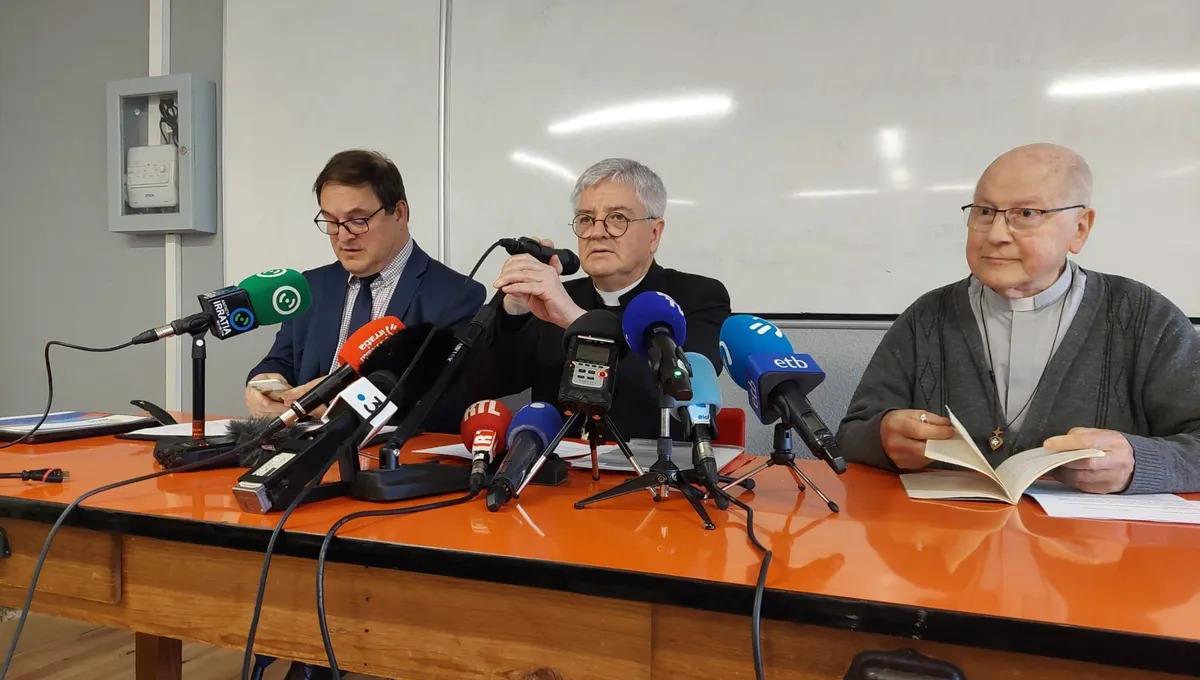
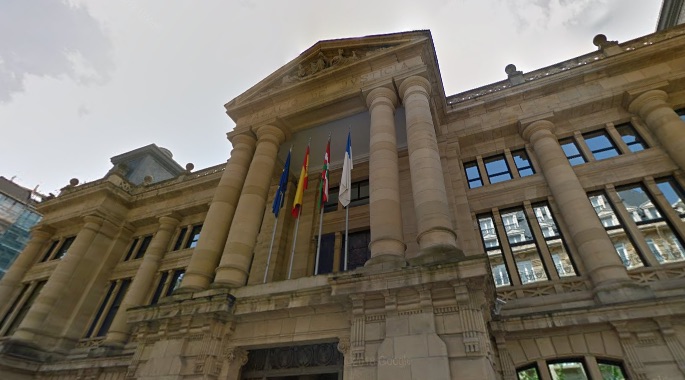
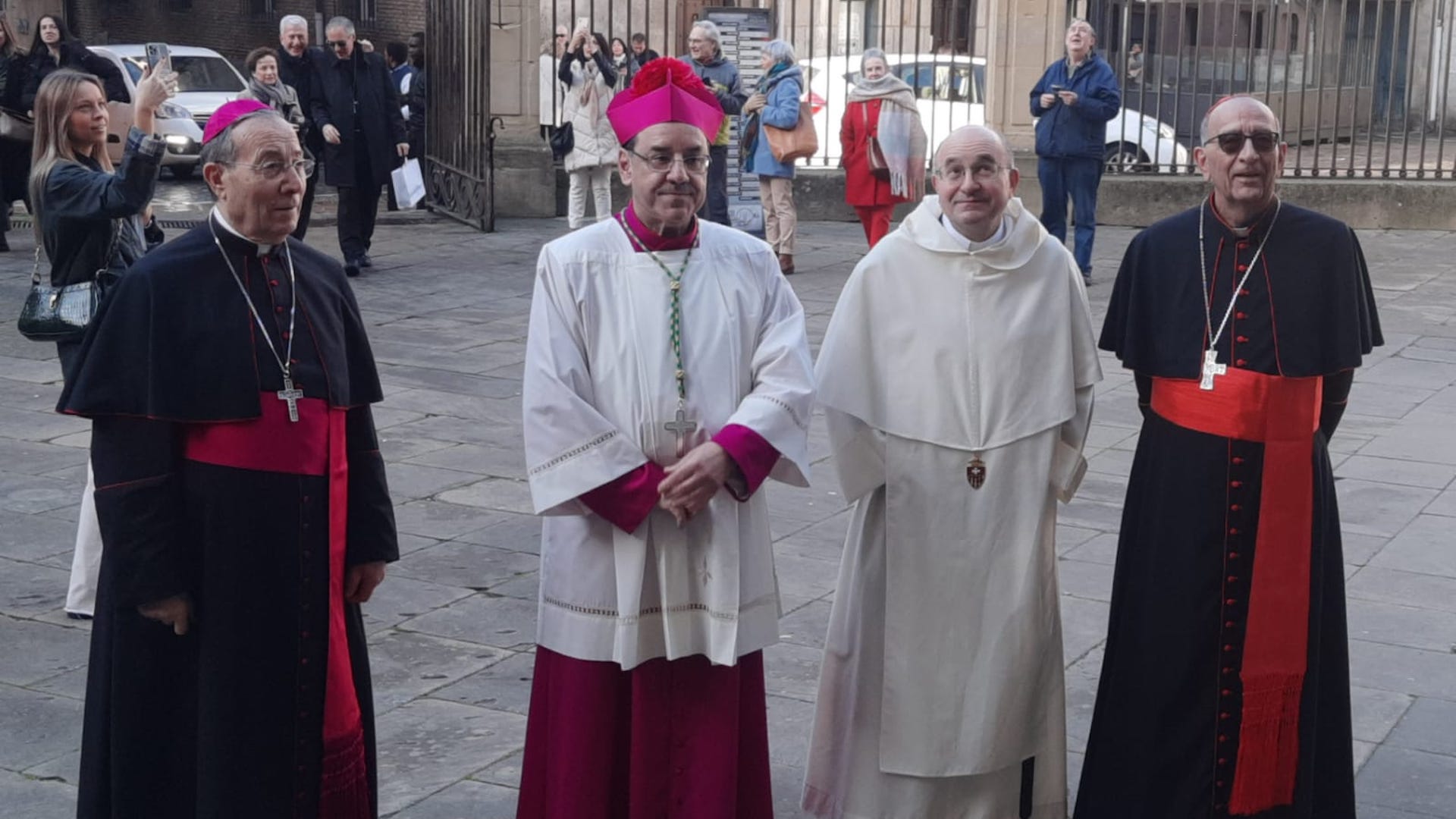

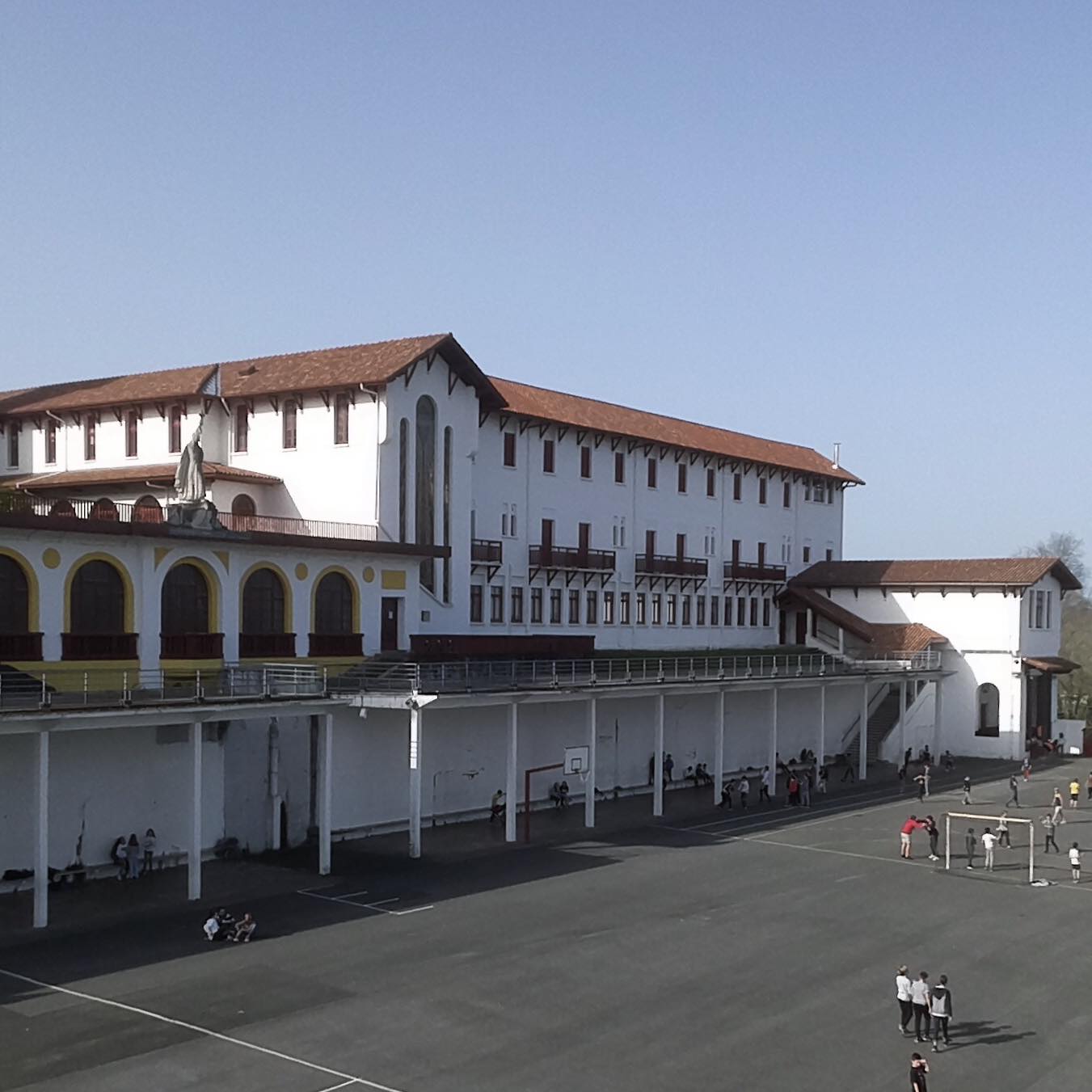



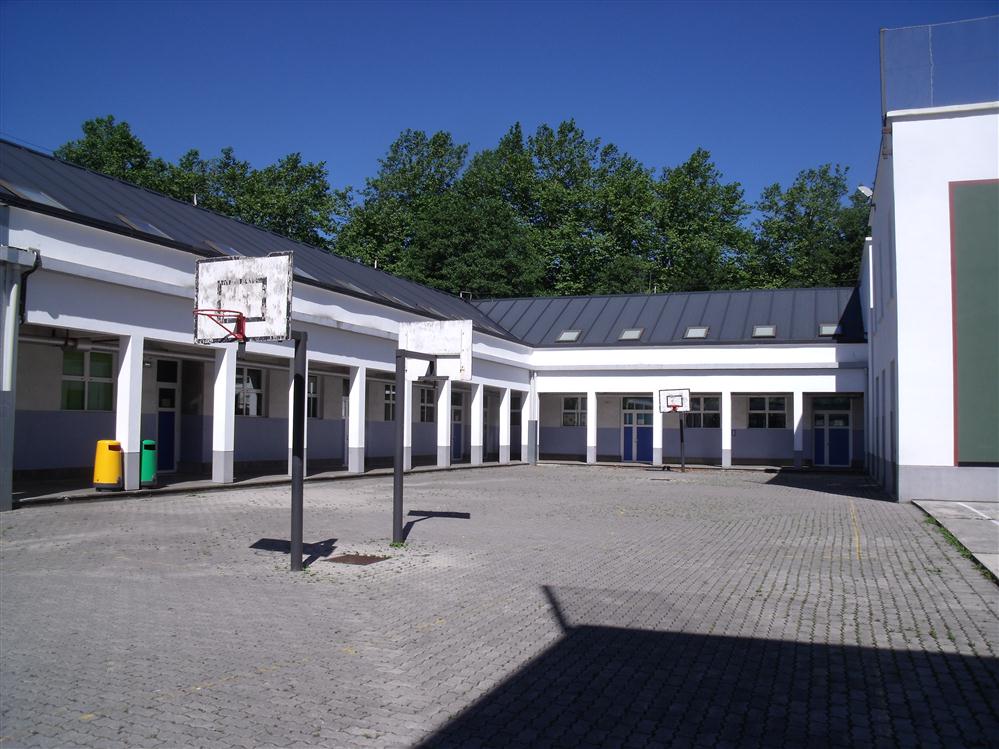
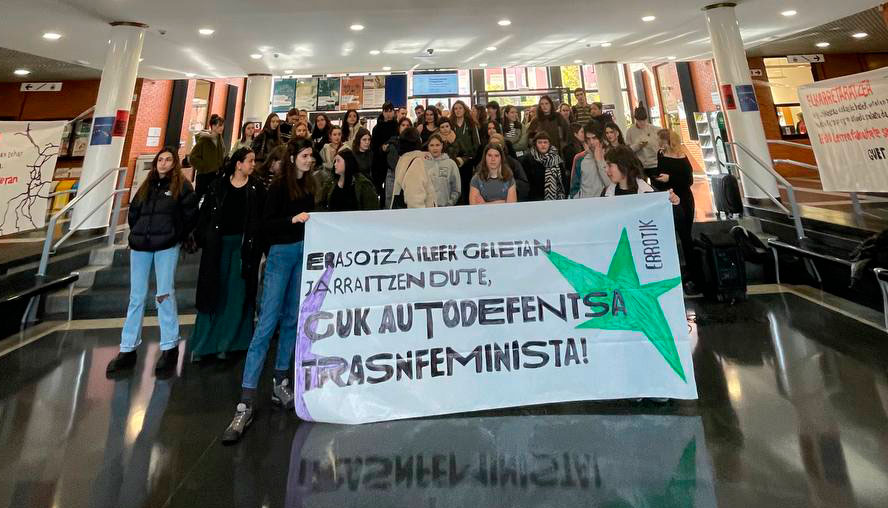
_2.jpg)
